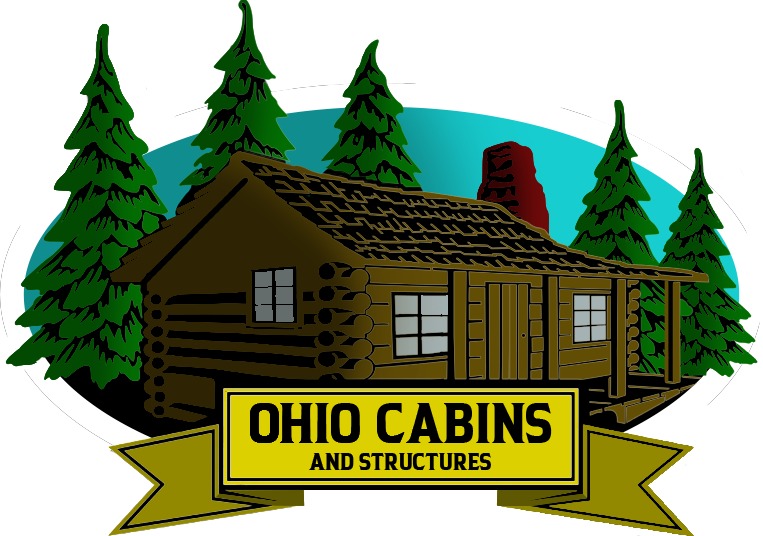Are you ready to break free from the traditional grounds of conventional home building? If so, and you are looking for a smarter, faster, more efficient way of making your dream home become reality, then modular homes may be right up your alley. Modular homes are becoming increasingly popular due to their cost-effectiveness and customization capabilities. Their innovative design allows them to be transported in sections rather than constructed on site – similar to the idea of putting together a jigsaw puzzle! In this blog post we will explain what modular homes are and dive into all their options that make them such an attractive choice for potential homeowners. Read on to find out if building with modular is right for you!
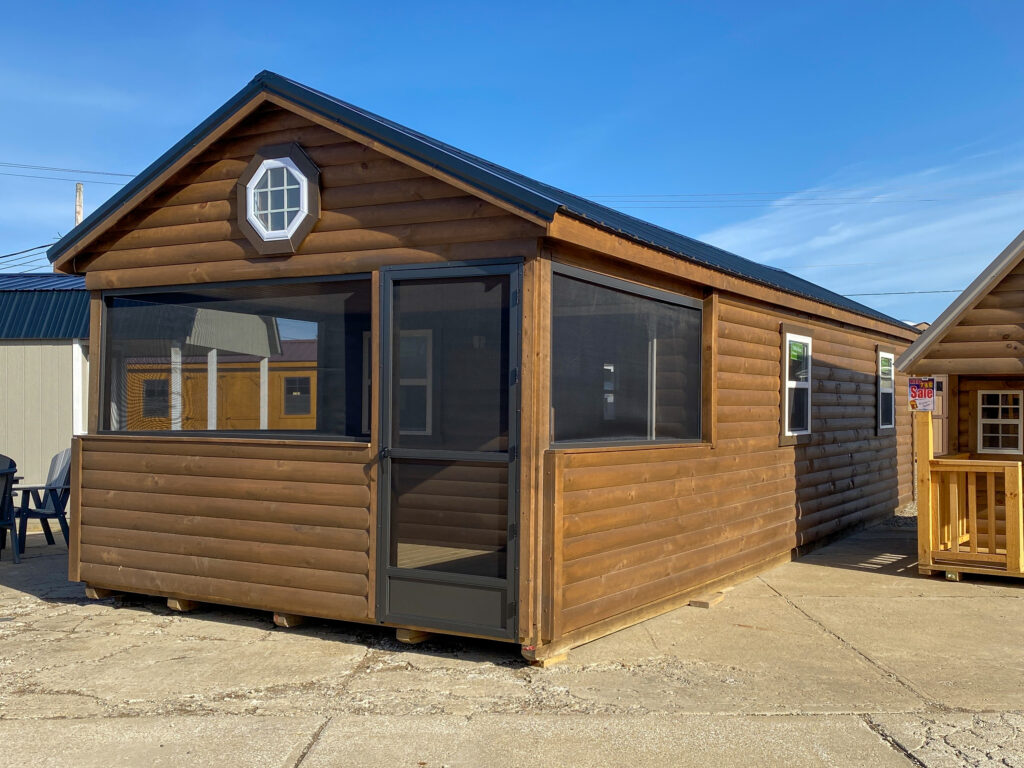
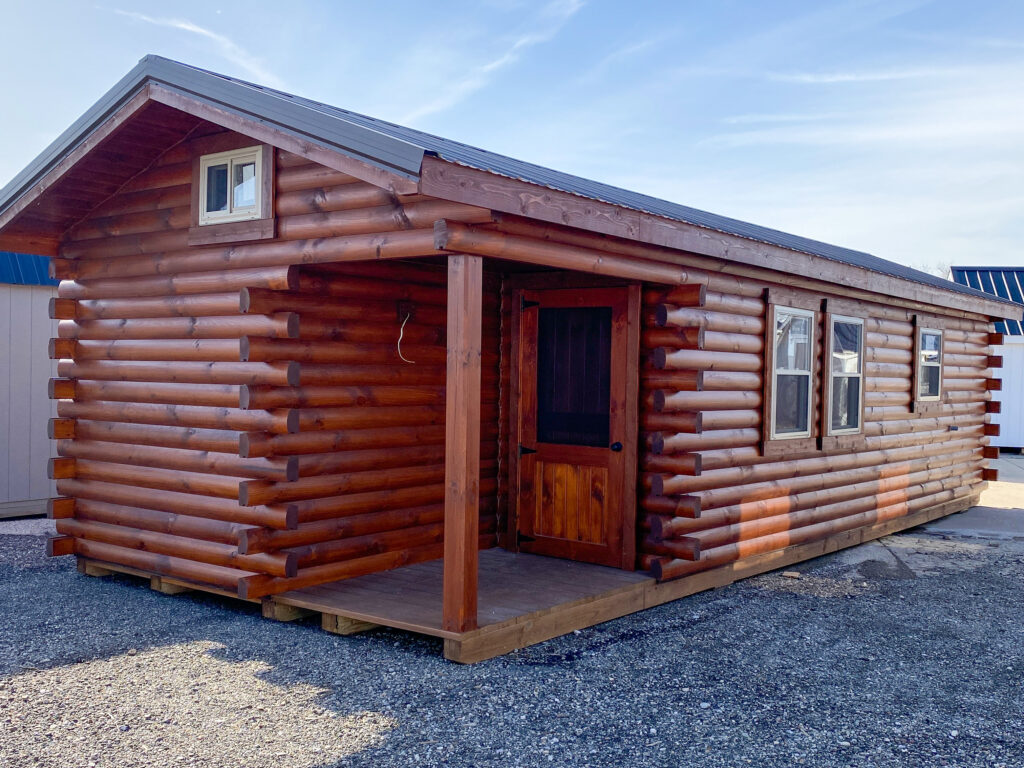
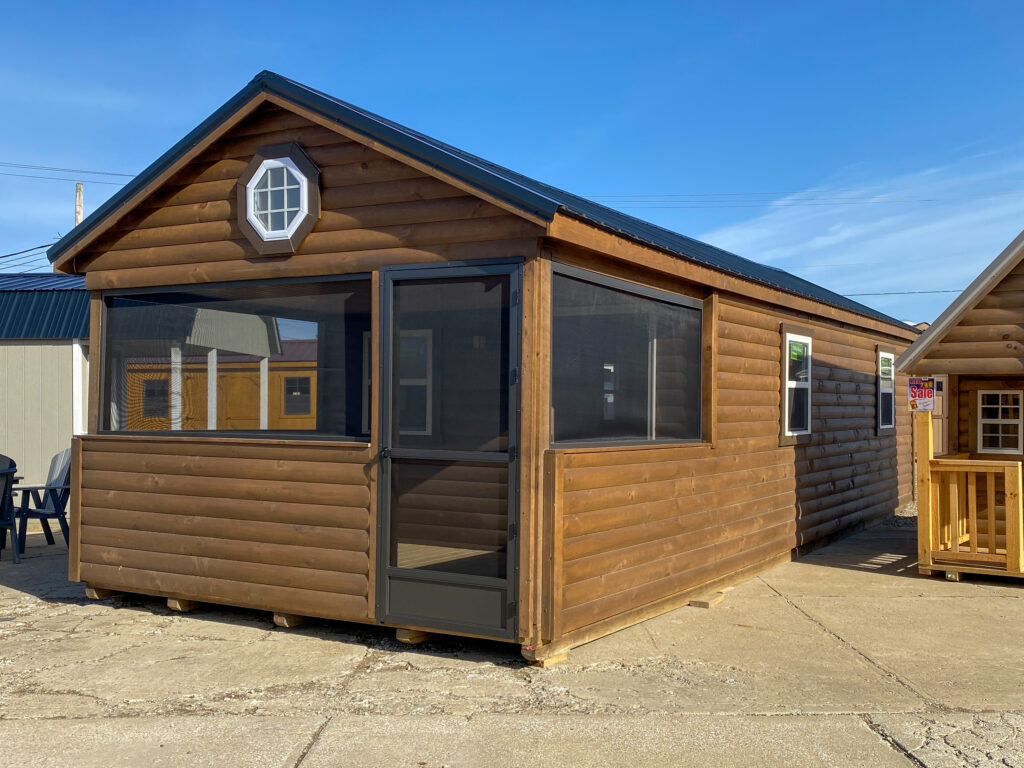
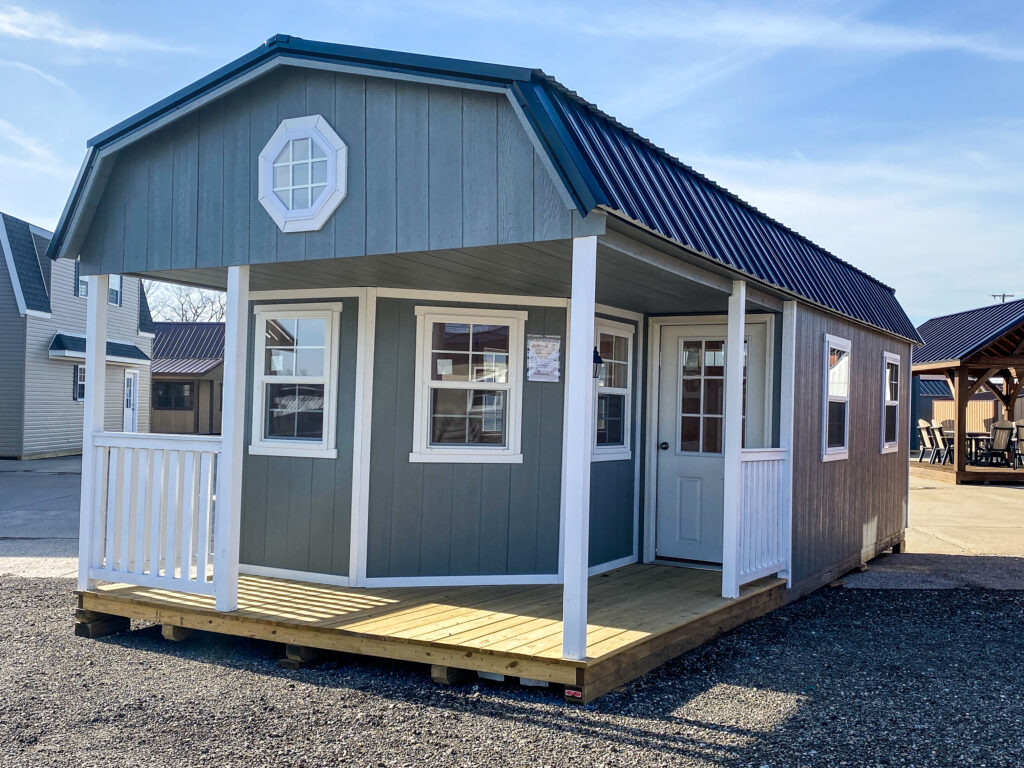
Definition of a Modular Home
A modular home is a type of house that is built in sections in a factory and then transported to the location where it will be assembled. These sections, or modules, are constructed according to precise specifications and are designed to fit together seamlessly once they arrive on site. Unlike traditional homes, which are built entirely on location, modular homes offer numerous advantages, including increased efficiency, higher quality materials, and reduced on-site construction time. They can also be customized to meet any design or functional requirements. Whether you’re looking for a starter home, a vacation retreat, or a permanent residence, a modular home is an excellent option that offers affordability, durability, and flexibility.
Benefits of Building a Modular Home
When it comes to building a home, modular homes offer several benefits. One of the biggest advantages is the cost savings. By building a modular home, builders can save up to 20% on construction costs compared to traditional stick-built homes. This is because modular homes are made of pre-fabricated modules that are built off-site and then transported to the building site for assembly. This process not only saves time and money, but it also ensures high-quality construction. Unlike traditional homes, modular homes are built to meet or exceed strict building codes and regulations, making them safer and more reliable. Additionally, modular homes are customizable, with a wide range of floor plans and options to choose from. So, if you’re considering building your own home, a modular home may be worth considering.
Advantages of Living in a Modular Home
Modular homes have become increasingly popular over the years, and for good reason. Not only do they offer a more cost-effective option, but they also provide a multitude of advantages for those who choose to live in them. One of the biggest advantages of modular homes is their efficiency. These homes are built with precision and accuracy, using advanced technology to minimize any errors. Additionally, because they are made in a factory setting, they are able to be built faster and more efficiently than traditional homes. Another benefit of modular homes is their flexibility. They can be customized to suit a range of needs and personal preferences, from layout and design to energy efficiency and eco-friendliness. Overall, modular homes offer a plethora of advantages for those who are looking for a more affordable, efficient, and customizable alternative to traditional homes.
Types and Styles of Modular Homes Available
Modular homes have come a long way in recent years, with a variety of types and styles available to suit nearly any preference or need. Whether you’re looking for a small, cozy structure or a spacious family home, there are numerous options to choose from. From traditional designs to modern, minimalist aesthetics, the style options are endless. The types of modular homes also vary greatly, from single-story models to two-story homes with multiple bedrooms and bathrooms. With many customizable features, such as flooring, cabinetry, and appliances, you can design a modular home that perfectly reflects your personal taste and style. So why not explore the available options and find the perfect modular home for you?
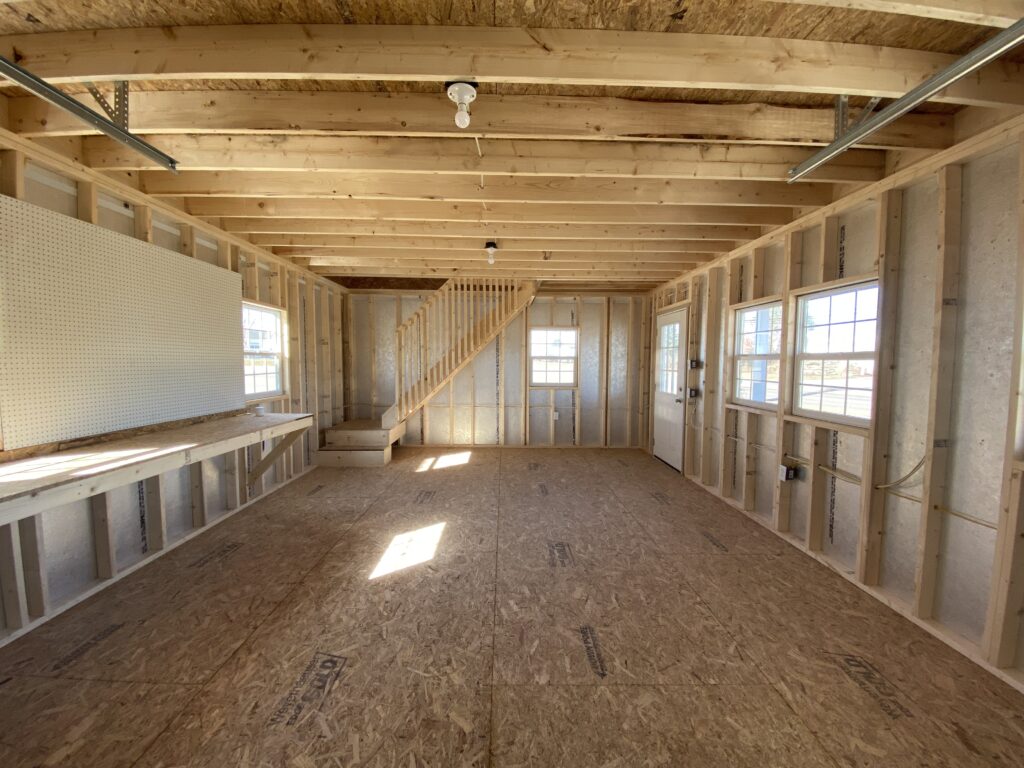
Cost Comparison to Traditional Homes
Building a home is one of the biggest investments you will make in your lifetime, and it’s important to consider all factors – including the cost. Traditional homes have been the norm for decades, but with the rise of modular and prefabricated (prefab) homes, many are wondering if they’re worth the cost savings. While traditional homes offer a wide variety of customizations, they can also come with a hefty price tag. Prefab and modular homes, on the other hand, offer a more cost-effective solution with shorter build times and fewer unexpected expenses. So, when comparing costs for your dream home, it’s essential to consider all options and determine which option fits your budget and needs best.
Calculating the Overall Return on Investment for a Modular Home
When it comes to determining the return on investment for a modular home, there are many factors to consider. Just like any real estate investment, you want to make sure you are getting the best return possible. Modular homes have become increasingly popular due to their cost-effectiveness and energy efficiency. Factors that can affect the overall return on investment include the initial cost, ongoing maintenance and repair costs, and the potential resale value. Additionally, you may want to consider the location of your modular home as this can also impact the return on investment. By taking the time to calculate the overall return on investment, you can make an informed decision about whether a modular home is the right investment for you.
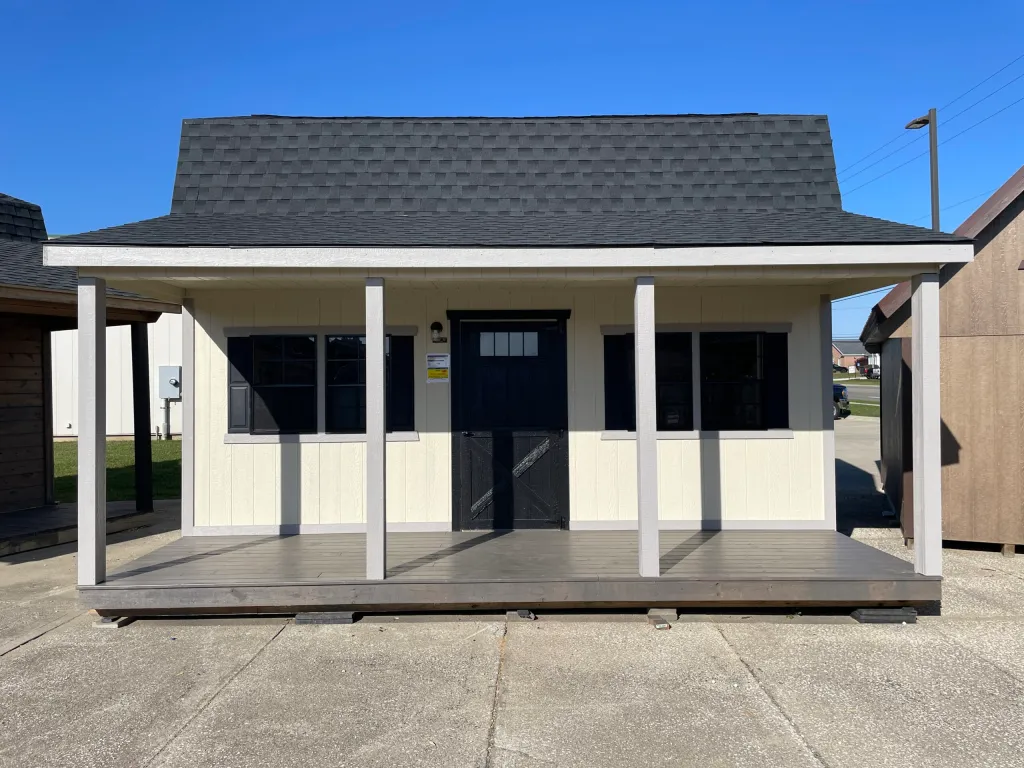
Concluding
From cost savings to faster build times and reliability, it’s clear that modular homes offer a wide variety of advantages over traditional homes. Plus, they come in all shapes and sizes, making them suitable for nearly any lifestyle. So whether you’re looking for a beachside getaway or something more metropolitan, modular homes make an excellent option. Make sure to do your research and calculate the return on investment to ensure you are making the most profitable decision for you and your family. Modular homes can provide potential homeowners with so many benefits that don’t just end once the home is built – rather, they can continue offering returns throughout years of ownership.
